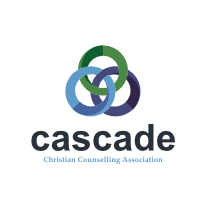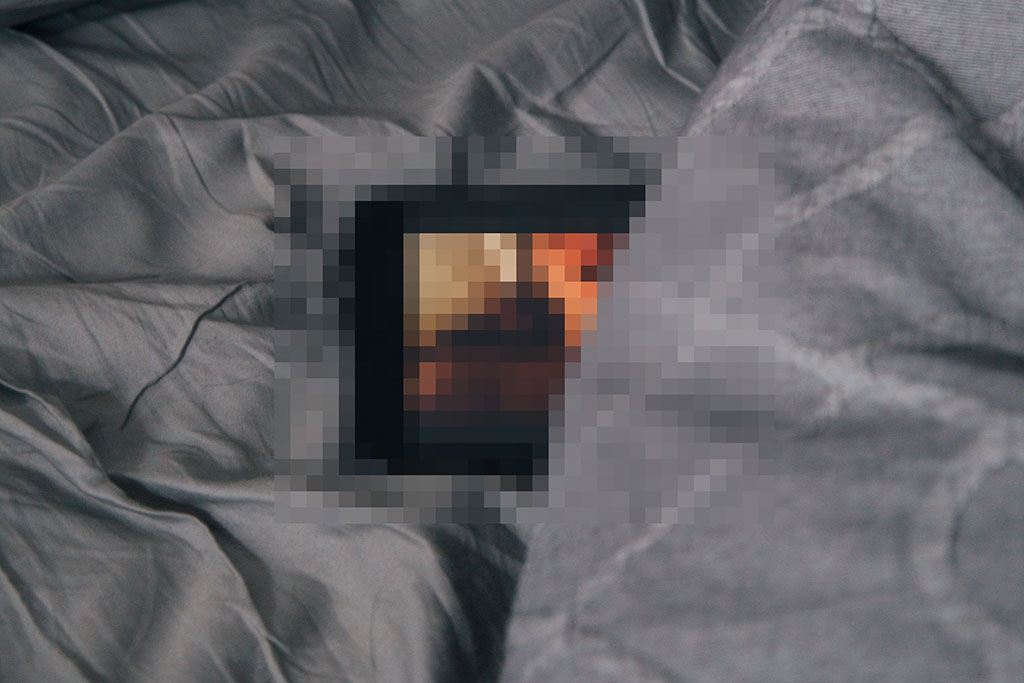Many of our family and individual lives these days are impacted by the havoc and destruction of the use of pornography and related sex addictions. What the journey towards restoration, healing and recovery looks like is a much needed conversation. Such a difficult topic likely elicits an array of emotions from each of us and talking about it is tough. The data about users of pornography is overwhelming, a staggering 6 million websites and over 420 million pornographic pages with 68 million search engine requests occur on a daily basis. Research shows this is now the most common factor in divorce and infidelity rates increase by 300% when pornography is present in a relationship. Unfortunately our children are not left unaffected, with some research showing up to two thirds of school aged children (starting from 8-10 years old) watch porn whilst doing their homework. Pornography is now the major form of sex education for adolescents and young adults with a deceiving message about what is normal to expect in a sexual relationship.
With approximately 50-70% of Christian men and 17-20% of women struggling with pornography abuse, the church can no longer stay silent. We must find effective ways to talk about this problem. Frequently our clients report negative experiences from their church community upon disclosing their or their spouse’s struggles. The engaging spouse may be excluded (or fired if she or he is an employee) to “preserve” the community, or is offered forgiveness for their sins and advised to sin no more, to pray harder and to have more faith. The affected spouse may hear unhelpful responses such as “just submit to your husband” or “it must be your fault as you are so depressed, no wonder your spouse watches porn”. The church needs to become a safe and healing community with an understanding of how to offer support. Whilst the problem of sexual addiction consists of a series of sinful behaviors and attitudes of our heart, simultaneously these are psychological and relational problems. Therefore, an integrated treatment approach of faith and psychology is absolutely necessary for recovery and restoration. It is a real battle, and a tough one. In the story of Jacob we are reminded that while God redefined him as “Israel”, he also remained Jacob in many ways. Many of us desire to live a life reflective of Christ, while at the same time we continue to wrestle with our sinful nature, Paul echoes this in Romans 7-8.
What can be done to help families? Get professional help, this journey can’t be done alone! Recognize the minimizing and avoidance that hinders you from getting help and decide to disclose it to someone safe. Start acknowledging the pain it causes your spouse, and the toll it has on you and your family. Set up a strong accountability network to engage in ongoing transparency and consider joining a support group (Galatians 6 and Proverbs 27). Clean house (get rid of anything that causes temptation) and safeguard your internet access with software options. Below you will find some helpful resources to get you started.
- 101 Freedom Exercises: A Christian Guide for Sexual Addiction Recovery – by Douglas Weiss
- Exposed – by James and Teri Craft
- Wired for Intimacy: How Pornography Hijacks the Male Brain – William M. Struthers
- Finally Free – by Heath Lambert
- The Conquer Series – The Battle Plan for Purity – by pastor Ted Roberts (video series)
- Pure Life Ministries – a website full of resources and support
Monique Hoving-Smeets, MAMFT
Counsellor, CCCA

